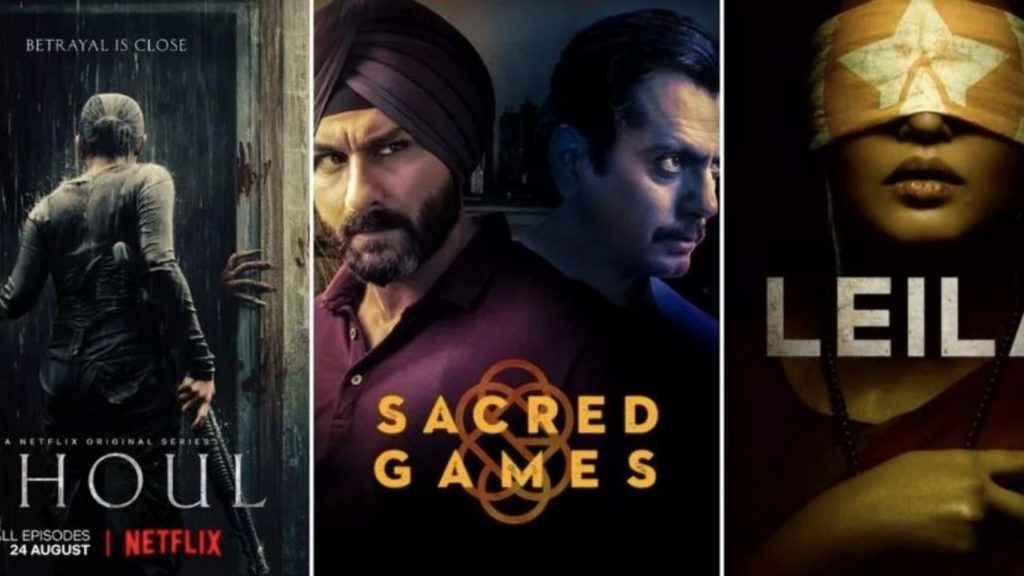Govt Gives 100 Days To Netflix, Amazon & Other OTTs To Form Self-Regulation Rules; China-Type Regulation In India?

While we have been keeping you updated about this cold war going on between OTT players and the Govt to censor their content on a national level, there has been some motion in the same today.
Last week, we had informed you that the self-regulation model proposed by Govt for OTTs in India was rejected by a list of OTT players, while some agreed to it as well. This rough patch of the Govt wanting to censor content on OTT platforms have been going on since a couple of years, however the severity is now more than ever.
100 Days’ Deadline Given to OTT Platforms
The Information and Broadcasting Minister Prakash Javadekar has set a deadline of 100 days for the OTT industry to set up an adjudicatory body and finalise a code of conduct. This implies that the pressure is surely building up on the OTT platforms to adopt some form of censorship to their content.
While meeting the heads of these platforms, Javedkar cited the examples of countries like China, Singapore and France, where these platforms function by some government laid regulation, though members present pointed out that Singapore has self regulation.
In a 45-minute meeting that was attended by representatives of Netflix, Amazon Prime, Zee5, MX Player, ALTBalaji, Hotstar, Voot, Jio, SonyLIV and Arre, four OTT platforms refused to be a part of the Digital Content Complaint Council (DCCC), an adjudicatory body formed last month. It is a brainchild of Internet and Mobile Association (IAMA) and I&B Ministry.
While Netflix, Zee5, MX player and ALTBalaji have asked for some time to deliberate the idea, Amazon Prime conveyed its complete displeasure over it. Up till now, only Hotstar, Voot, Jio, SonyLIV and Arre have signed up with DCCC.
Javadekar had last met OTT platform representatives last year in October and sought suggestions from them to come up with mutually agreeable terms.
The Need for Censorship
IAMA drafted a code of self regulation for OTT platforms on January 17, 2019 with title, ‘Code of Best Practices for Online Curated Content Providers’. As per this, OTT platforms are refrained to stream any content that is banned by Indian courts, disrespects the national emblem, outrages religious sentiments, promotes violence against the state, or indulges into child pornography.
As the need for self-regulation was debated at the conducted meeting, Javadekar cited his own example, commenting that in his own household, a fire-stick is used to watch content across platforms. He also pointed out that in most Indian households, where the entire family watches most OTT content together, its comes as a necessity to regulate the shows.
The formation of DCCC was announced in February with the retired Justice A P Shah as its chairman. Even though the composition and strength of the council is yet to be finalised, it is likely to have five to seven members, two of them representing OTT players.
As per the CEO of MX Player, everyone in the meeting was in agreement that there is a broad consensus required from the industry, which shall then be presented to the ministry once it is ready. The group also discussed single window clearances for production, along with some other pressing issues.

Comments are closed, but trackbacks and pingbacks are open.